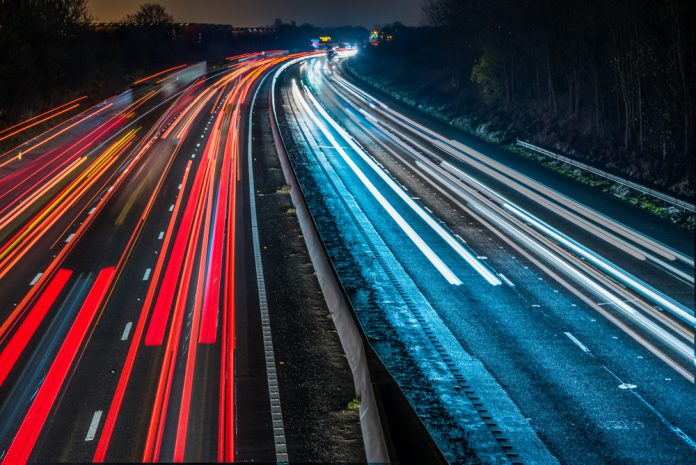The government has said that they will commit to banning all new diesel and petrol cars by 2040 as part of the new clean air strategy.
The proposal is similar to the pledge seen in France, which was announced under Emmanuel Macron’s government to help the country meet the Paris Climate accord. The change was introduced just days after Volvo said it would only make fully electric or hybrid cars from 2019 onwards.
Ministers have warned that the change is necessary, given the impact of poor air quality on health.
“Poor air quality is the biggest environmental risk to public health in the UK and this government is determined to take strong action in the shortest time possible,” a government spokesperson said.
“That is why we are providing councils with new funding to accelerate development of local plans, as part of an ambitious £3 billion programme to clean up dirty air around our roads.”
The new pledge comes amid warnings that the UK’s high level of air pollution could be responsible for 40,000 premature deaths a year.
The draft plan also puts a lot of responsibility on local authorities to battle change.
“Local authorities are already responsible for improving air quality in their area, but will now be expected to develop new and creative solutions to reduce emissions as quickly as possible, while avoiding undue impact on the motorist,” it said in May’s proposal.
The campaign group, ClientEarth, welcomed the pledge but said much more needs to be done in the much near future.
“The government has trumpeted some promising measures with its air quality plans, but we need to see the detail. A clear policy to move people towards cleaner vehicles by banning the sale of petrol and diesel cars and vans after 2040 is welcome, as is more funding for local authorities,” said CEO James Thornton.
“However, the law says ministers must bring down illegal levels of air pollution as soon as possible, so any measures announced in this plan must be focused on doing that.”

